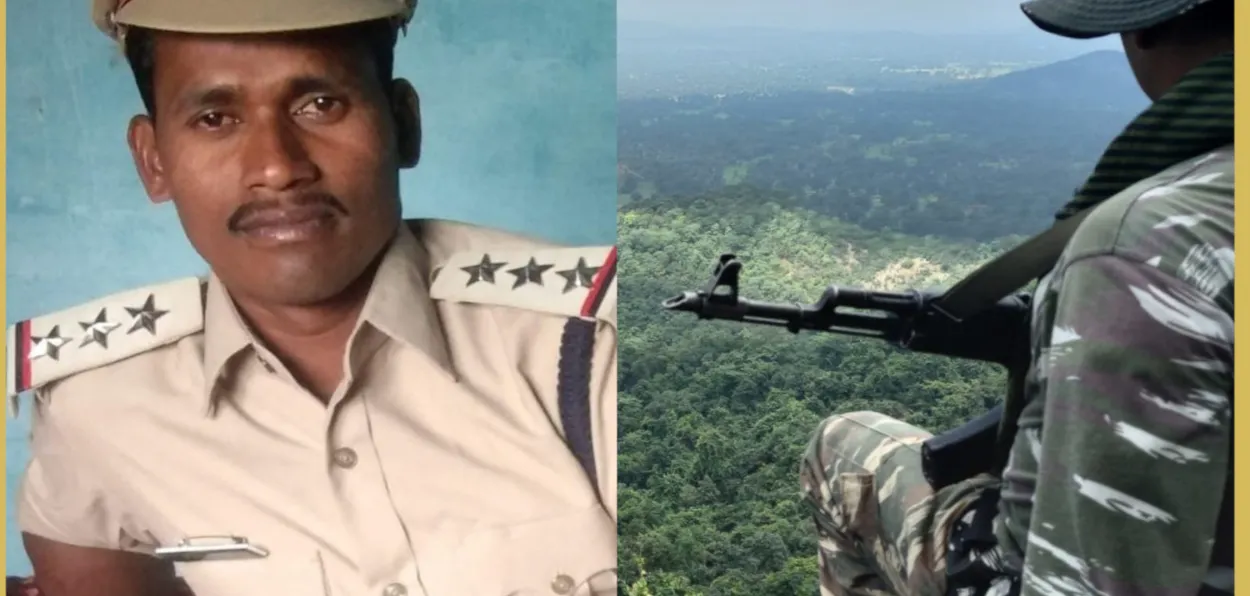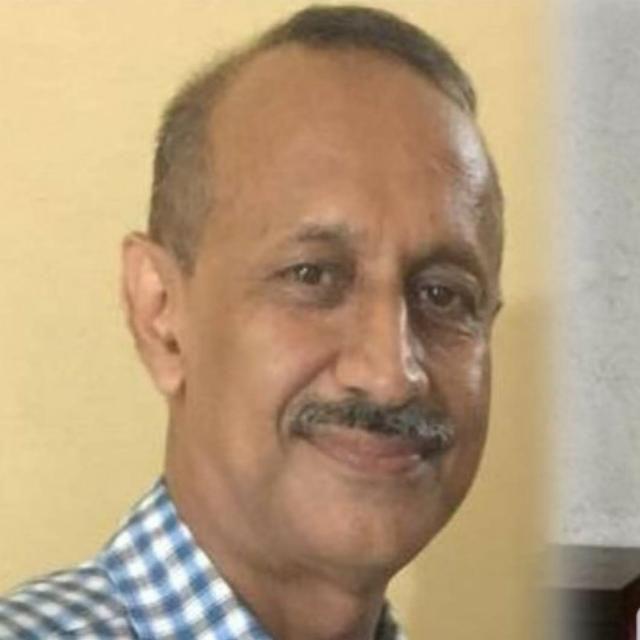
 Pallab Bhattacharyya
Pallab Bhattacharyya
Naxalite-turned cop Sanjay Potam's story is about tackling insurgencyin the Bastar region, rich in natural resources, and paradoxically one of the poorest in India. The tribal communities, who had lived in harmony with the forests for generations, were being displaced by mining projects and industrialization. Development never reached their villages, and the only signs of the government were the occasional police patrols or the distant hum of helicopters. It was in this environment of despair that the seeds of Naxalism took root.
Naxalism, or Left-Wing Extremism, began in the 1960s as a peasant uprising in Naxalbari, West Bengal. It was a movement born out of frustration—anger against landlords who exploited the poor, against a government that failed to deliver justice, and against a society that perpetuated inequality. Over the decades, it spread to states like Chhattisgarh, Jharkhand, Odisha, and Andhra Pradesh, where tribal populations and marginalized communities found solace in the Maoist ideology of armed revolution. Assam in the north-east also had a brief brush with this ideology. The movement promised them justice, equality, and a chance to overthrow the oppressive system.
Sanjay, like many other young men in his village, was drawn to this ideology. He saw the Naxalites as warriors fighting for the rights of the poor, and he believed in their promise of a better future. In his late teens, he joined the Communist Party of India (Maoist), lured by their vision of a classless society. His intelligence and knowledge of the local terrain quickly made him a valuable asset, and he rose through the ranks to become a feared Naxalite commander.
For years, Sanjay led operations against security forces, orchestrating ambushes and landmine explosions. He lived in the shadows, moving through the dense forests, evading capture, and becoming a symbol of resistance. But as time passed, the idealism that had once fueled him began to wane. The violence he witnessed—the bloodshed, the suffering of innocent people—started to weigh heavily on his conscience. He began to question whether the movement he had dedicated his life to was truly bringing about the change it promised.
His turning point came when Sanjay realized that the cycle of violence was only perpetuating more suffering. The government's surrender cum rehabilitation policy offered him a way out—a chance to lay down his arms and start anew. With a heavy heart but a glimmer of hope, Sanjay decided to surrender in 2013. In a remarkable tale of transformation, Sanjay Potam, formerly a Naxalite commander known as Badru, has been awarded the prestigious President’s Medal for Gallantry for the third time on the Republic Day of 2025. He received a Police Medal for gallantry as a Head Constable on the Independence Day of 2021 and as an SI on the Republic Day of 2022
He received financial assistance, vocational training, and counselling; he resolved to turn his life around.
Sanjay's transformation began when he joined the Chhattisgarh Police as a constable. His intimate knowledge of Naxalite operations and the local terrain made him an invaluable asset to the force. He quickly gained the trust and respect of his colleagues and superiors, and his dedication and bravery helped him rise through the ranks. Today, Sanjay Potam is a 3-star police officer, a decorated hero who has been awarded the President's Medal for Gallantry three times for his exceptional service in countering Naxalism.
Sanjay's journey from a Naxalite commander to a decorated police officer is a testament to the power of second chances. His story is a beacon of hope for countless misguided youths who find themselves drawn to the path of violence. It shows that even in the darkest of times, there is a way out—a way to redemption, to peace, and a life of dignity.
The rise of Naxalism in India is a complex issue rooted in socio-economic disparities, historical grievances, and governance challenges. The movement thrives in areas where poverty, inequality, and lack of development create a vacuum for extremist ideologies to fill.
However, Sanjay's story reminds us that the solution lies not just in security measures, but in addressing the root causes of the problem—through education, employment, and dialogue.
Sanjay now dedicates his life to ensuring the safety and development of his community. He actively participates in outreach programs, encouraging other Naxalites to surrender and reintegrate into mainstream society. His life is a powerful reminder that change is possible, even in the most challenging circumstances.
ALSO READ: Pune man holds blood donation to commemorate Mohd. Rafi's centenary
Sanjay Potam's story is a call to action - a reminder that we must not remain silent in the face of injustice, but work together to build a society where every individual has the opportunity to rise, dream, and live a life of dignity. His journey from the shadows of naxalism to the light of hope is a testament to the resilience of the human spirit, and a beacon of hope for a brighter future.
"In the end, we will remember not the words of our enemies, but the silence of our friends." – Martin Luther King Jr.
The author is former DGP of Assam Police
